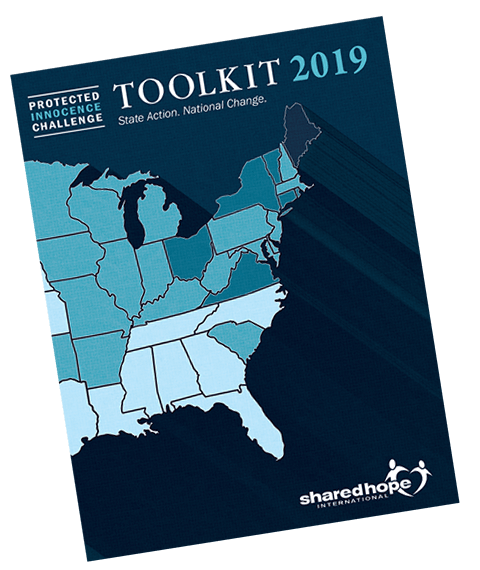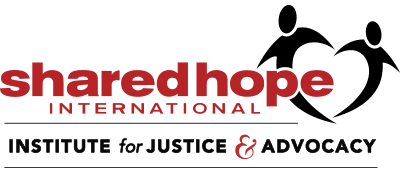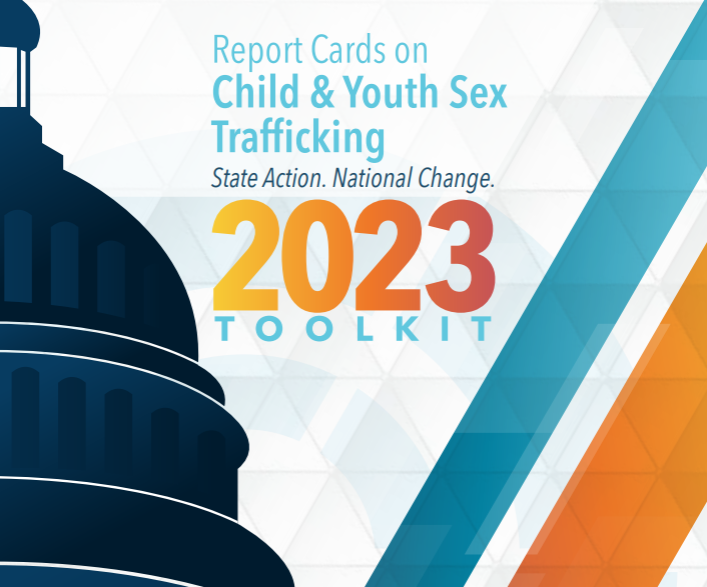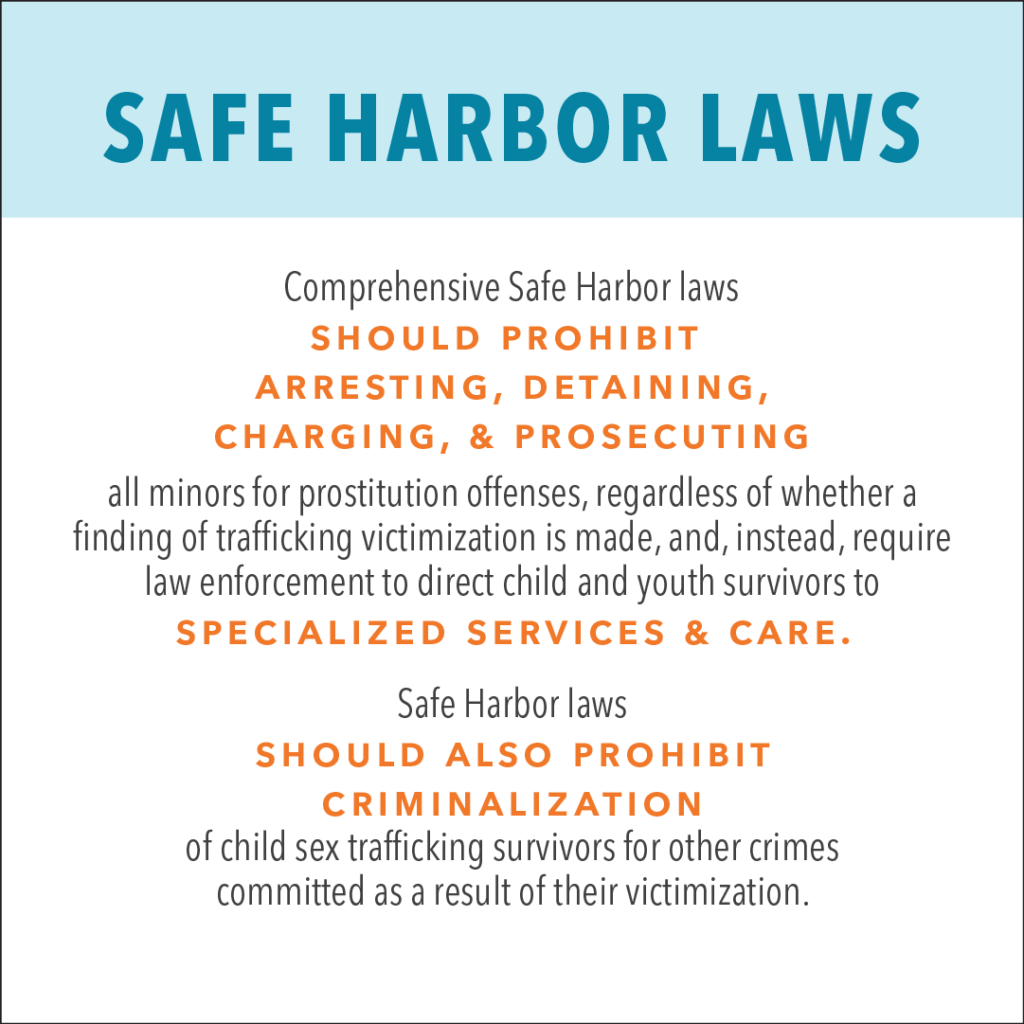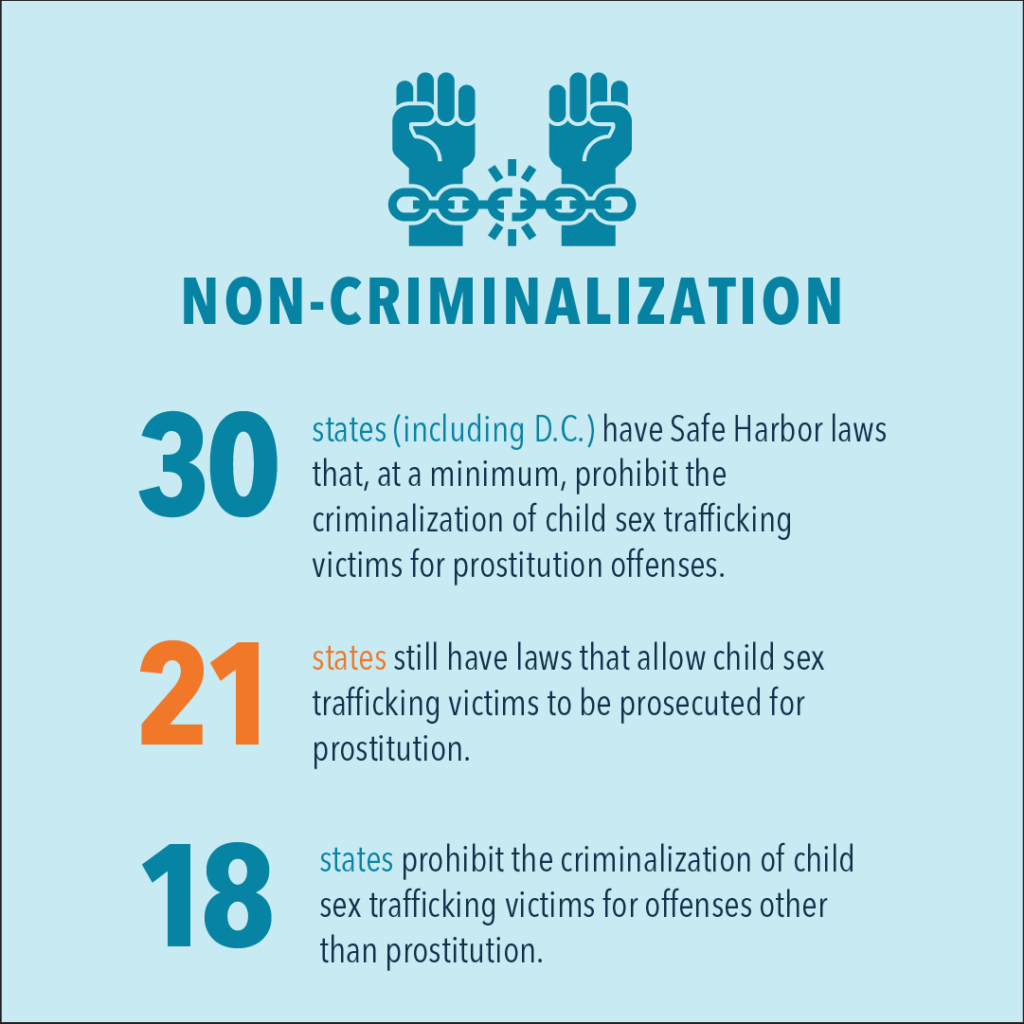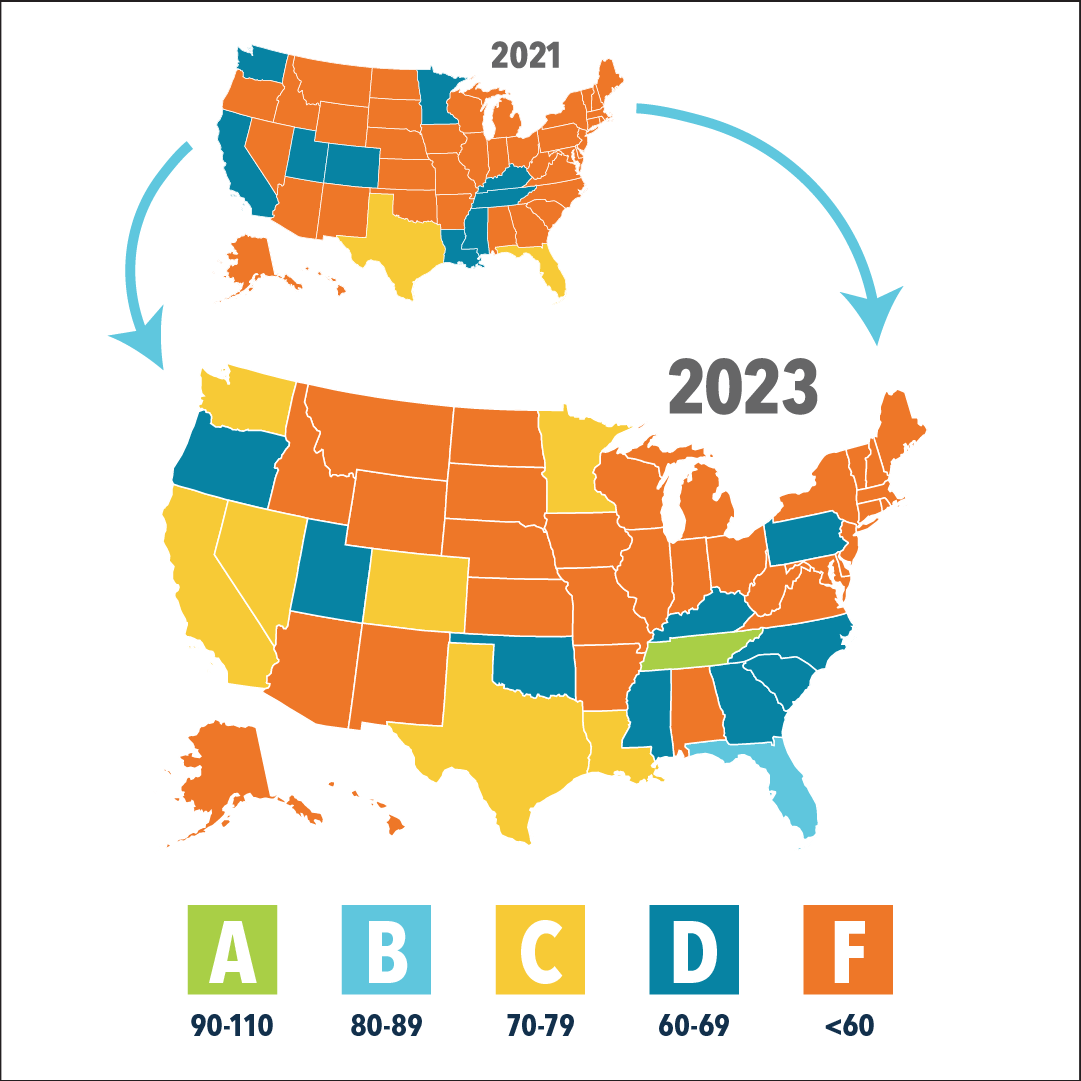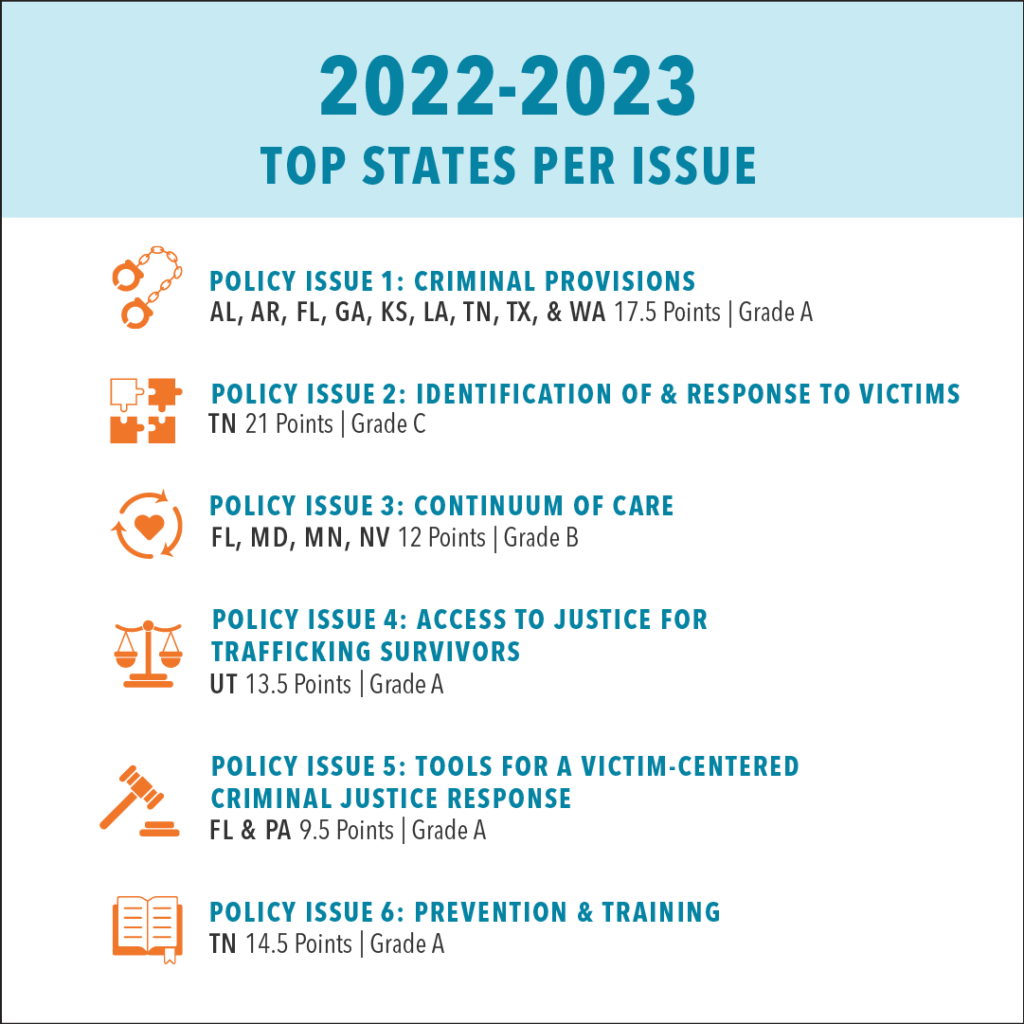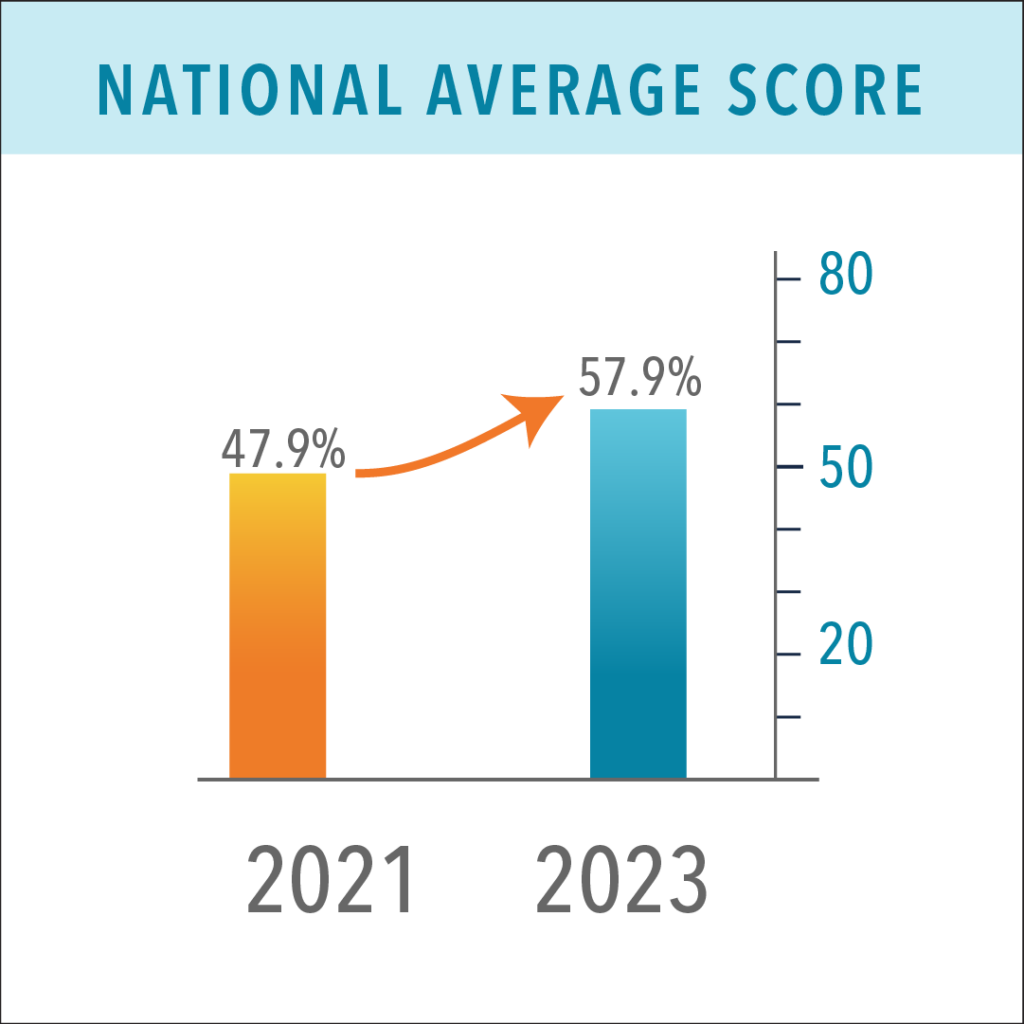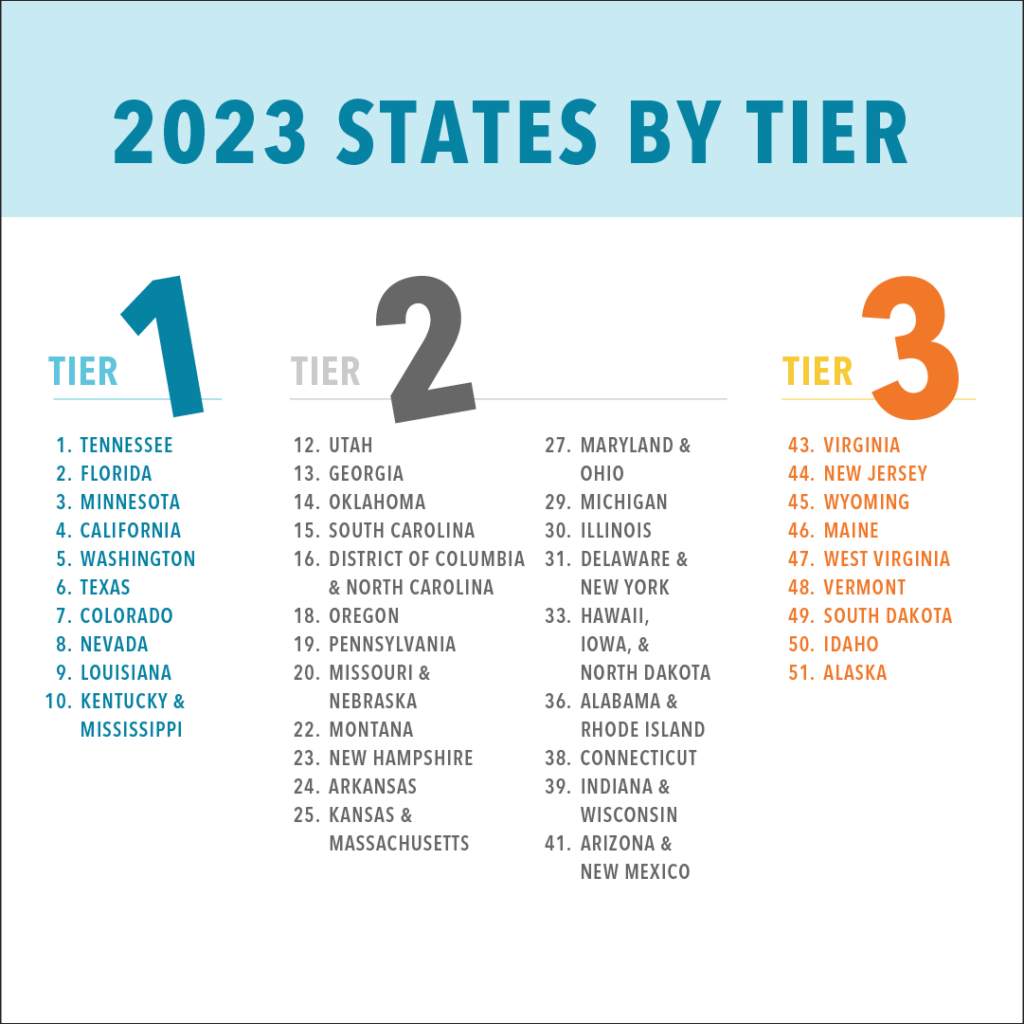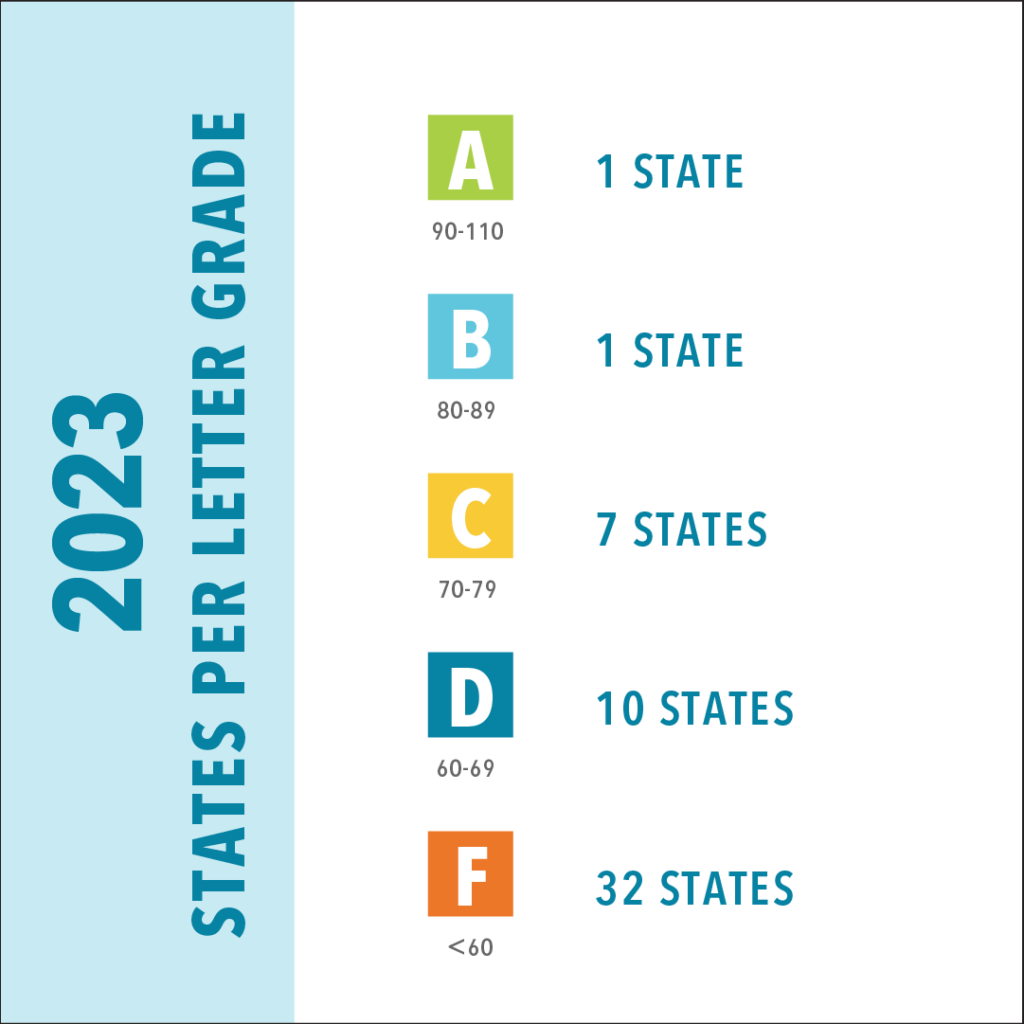Shared Hope International’s Report Cards on Child & Youth Sex Trafficking are graded under an advanced legislative framework, providing a comprehensive analysis and assessment of all state statutes related to and impacting child and youth sex trafficking in all 50 states and D.C.

The Advanced Legislative Framework shifts the focus from criminal laws to the next level of legislative change, ensuring robust and trauma informed protections are in place for trafficking victims.
Shared Hope began grading states in 2011, but after nearly 10 years, we recognized a crucial gap that needed to be addressed: victim protections. In 2020, we undertook a multi-year research and stakeholder engagement process to update and re-center the project on the statutory provision of critical protections and services for survivors and support for stakeholders in the field. Now, the Report Cards on Child & Youth Sex Trafficking grading scale focuses 75% on how states protect survivors of child and youth sex trafficking, including through the development and funding of Safe Harbor laws, an evidence-based and victim-centered approach to justice.
https://www.youtube.com/watch?v=wlfNNu5b1ZM
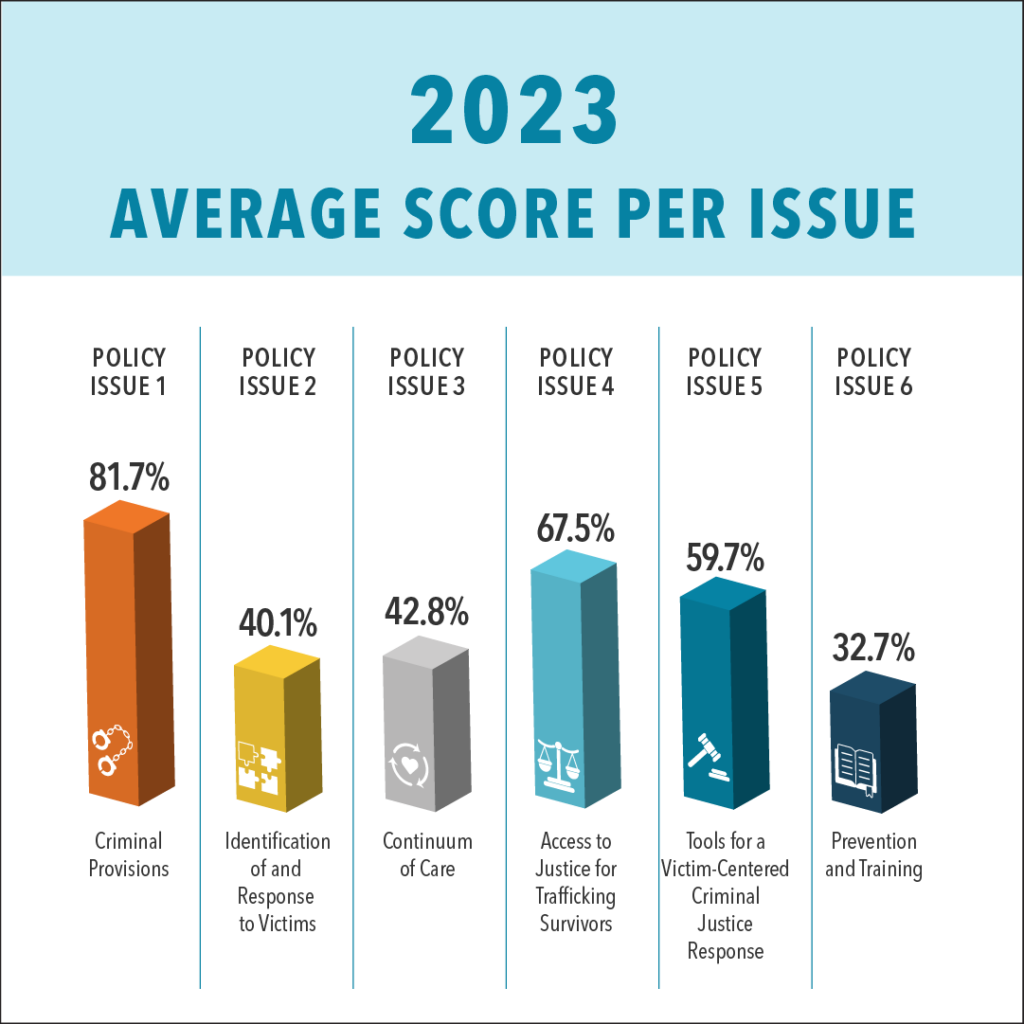
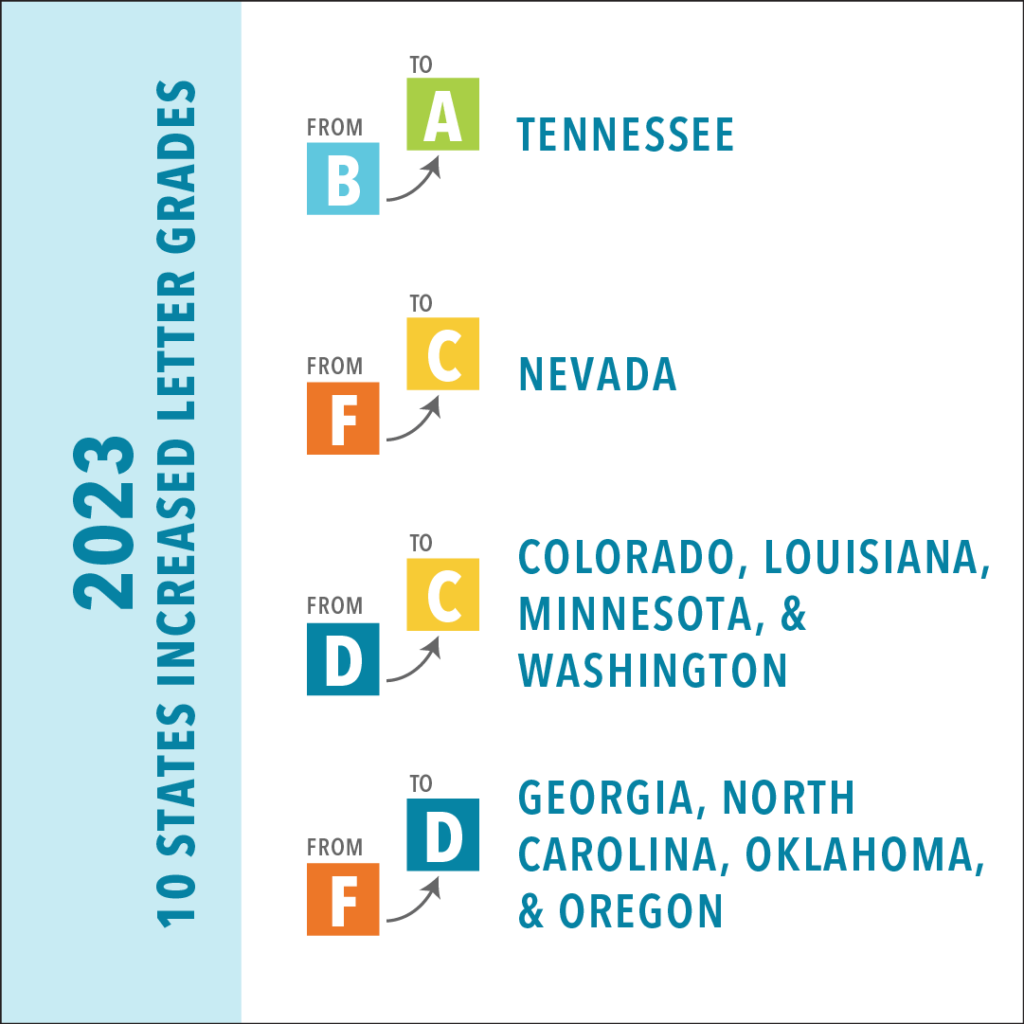
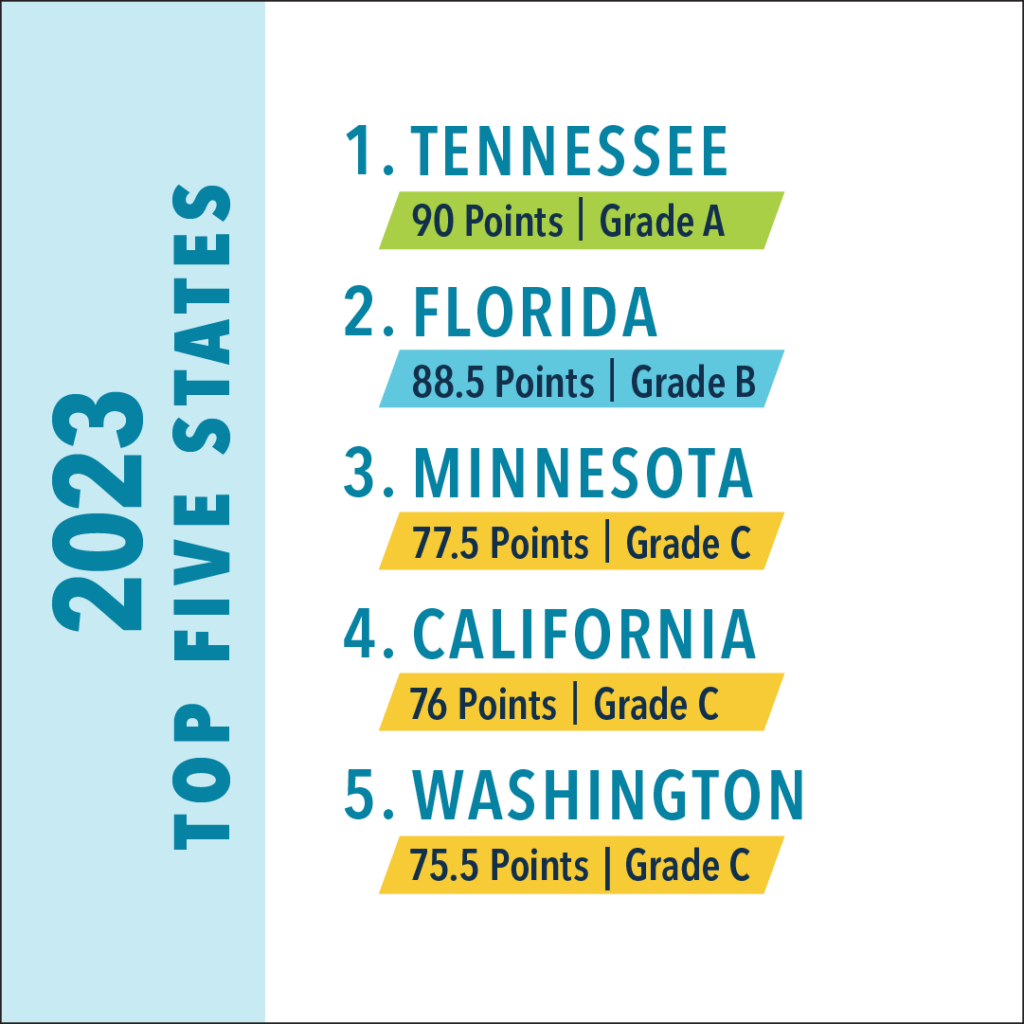
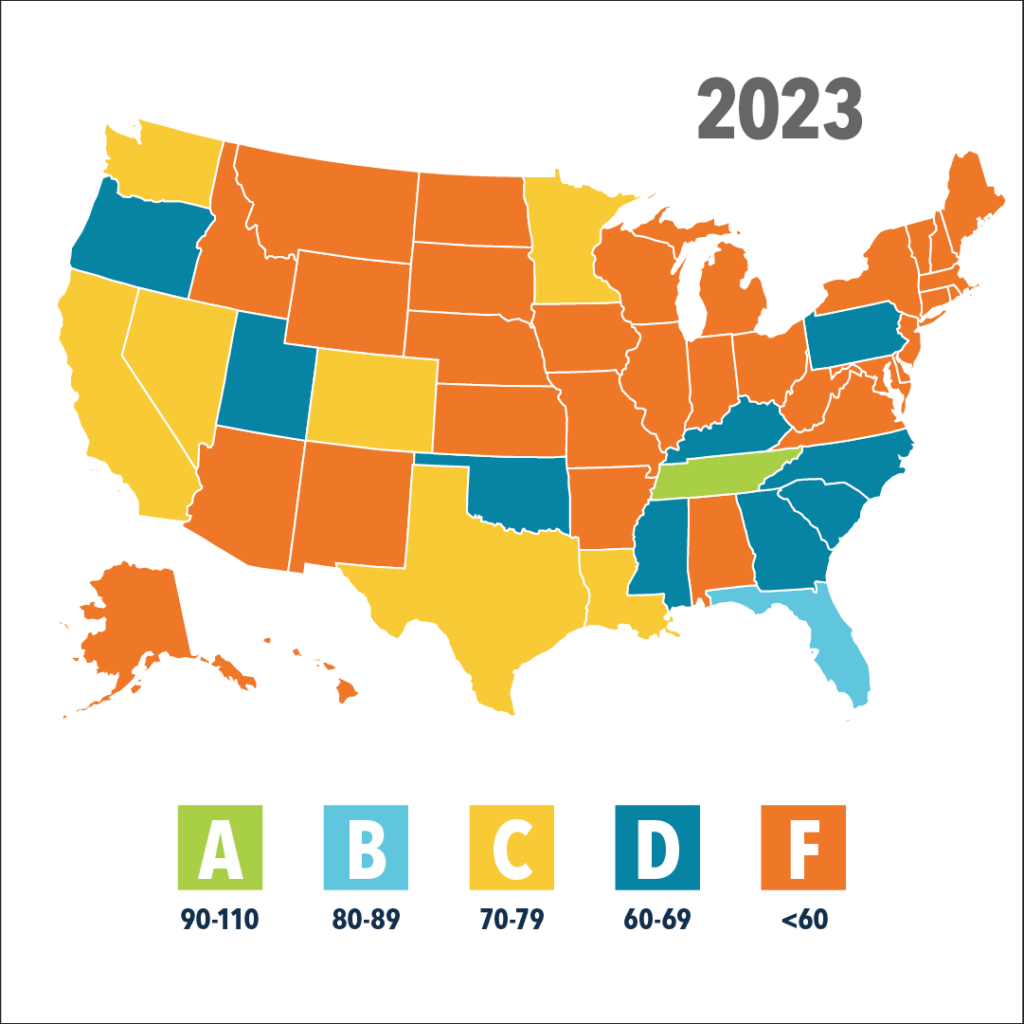
Download the Complete Toolkit
This report provides detailed information on this year’s state grades and an overview of the Report Cards project, generally. The toolkit is intended to be used in conjunction with your State Report to compile a customized analysis for your state and your key issues.
Get the Toolkit (20MB)Issue Briefs
Issue Briefs provide an in-depth discussion of the purpose behind each policy goal examined under the Report Cards on Child & Youth Sex Trafficking. Each includes drafting considerations as well as links to related issues and supporting resources.
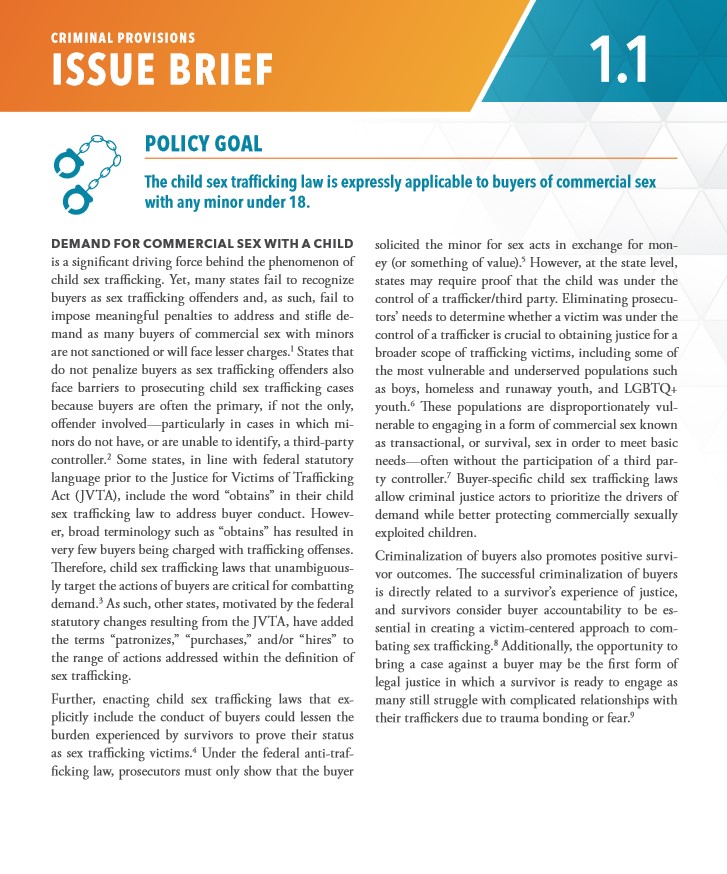
Protected Innocence Challenge
In 2011, Shared Hope began grading states under the Protected Innocence Challenge. In the following 10 years, we saw states across the country pass crucial legislation to end demand and identify victims of sex trafficking. When the first report cards were released, the national average was an “F”, but by 2019 the average raised to a “B”.
